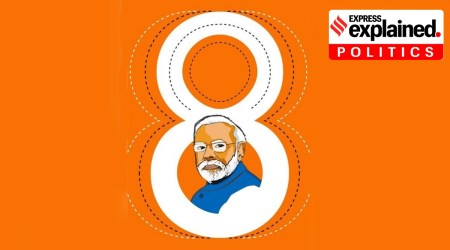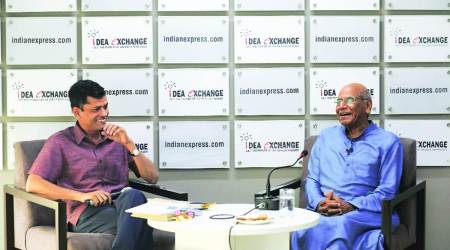The 75th edition of the Cannes Film Festival has just ended and, as always, the thorny question arises. Why didn’t India have a winner in the competition section, which had Indian actor Deepika Padukone on the judging panel this year? Why does a nation that makes the most films fall so far behind on the parameters that determine the winners?
As always, the answer is complex. It hides beneath the collective self-confidence of a film industry whose innate sturdiness has prevented significant cinema penetration from any other part of the world. Thirty years ago, Hollywood’s presence represented only three to four percent of the market. Even today, despite a huge leap in the appetite for dubbed and subtitled globalized content, Hollywood India’s best bet remains those familiar tentpoles, ‘creature features’ and shenanigans of Super hero. But no Batman or Superman or gigantic dinosaur is about to give Indian filmmakers, with an RRR and a KGF under their belts bulging at the box office, sleepless nights. In India, Indian films, with their penchant for spectacle, song and dance, melodrama, are invincible, so who cares about the Croisette?
What those who ask “why not India in the competition” tend to forget is that India is not known for the kind of cinema that attracts the gatekeepers of this coveted section. This is not to say that other countries like South Korea, Romania or Belgium (which each had an entry this year) are making their films with only a possible place in Cannes in mind. These are not countries that can claim a cinematic tradition as established as India, but what films like Park Chan-wook’s Decision To Leave, Cristian Mungiu’s RMN and Lukas Dhont’s Close reveal is a fierce commitment to stories set in very specific locations, with characters who may only come from those backgrounds, but whose situations are gloriously universal.
Watch Swedish director Ruben Ostlund’s wacky black satire, Triangle Of Sadness, which just won the Palme d’Or. The film is a wild and ruthless dispatch of the mega-rich, as well as the proliferation of “influencers” and their greedy cronies in the billion-dollar beauty industry. Every shot in this film has a deep truth that crosses linguistic and cultural boundaries. With very few exceptions, this type of cinema has proven to be financially counterproductive in the Indian context. A combination of audience preference, which for decades has fed on escapist cinema as the only “entertainment” option, and the fear of rocking the boat has steered Indian filmmakers away from the kind of realism that leads to find a competitive bench in Cannes.
The best of Express Premium
 Prime
Prime Prime
Prime Prime
PrimeBetween 2010 and 2015, Udaan by Vikramaditya Motwane, Gangs Of Wasseypur by Anurag Kashyap, The Lunchbox by Ritesh Batra, Masaan by Neeraj Ghaywan premiered in the side sections of Cannes. Each film stems from the lived experience of the makers of those films, and each felt like a marker for New Age Bollywood. What happened next ? Are there no more takers for realistic cinema, or is getting closer to the truth even more unprofitable in today’s Bollywood, grappling with the woes of the pandemic and censorship? ?
But if our fiction releases fell short, our documentaries more than made up for it. Shaunak Sen’s brilliant All That Breathes, about the appalling foul air of Delhi and the love of poultry that these two brothers exhibit, won the Golden Eye, the best documentary prize. The film is a compelling examination of the ecosystem that sustains both man and beast: why do kites, those magnificent predatory birds, falling from the sky in increasing numbers, become prey themselves? And how will the humans who live and work in one of the world’s greatest capitals survive the double whammy of pollution and polarization? The film is sharp and moving, balancing dystopia with bursts of optimism, its ecological and political concerns clearly visible.
Buy now | Our best subscription plan now has a special price
Sen’s film draws its strength from its authenticity. It’s the kind of film that spoke to the official selectors at Cannes, as it did to the jury at the Sundance Film Festival, which also awarded it a top prize earlier this year. It might even please an Oscar jury, if India’s selectors are smart enough to nominate this film if, of course, it finds a theatrical release.
Are Indian producers ready to support even a handful of independent films in search of truth, those which could give us a chance to compete with the best in Cannes? Until then, we’ll have to content ourselves with displaying our wares on the red carpet or in sections where we can purchase our entry.

